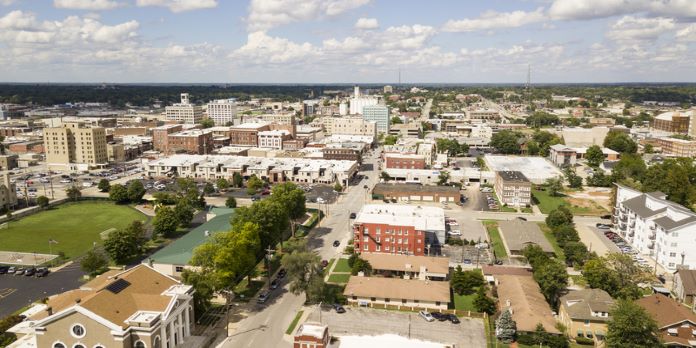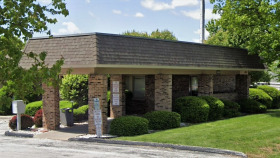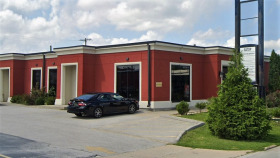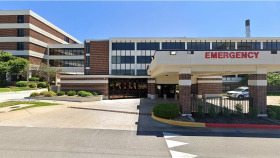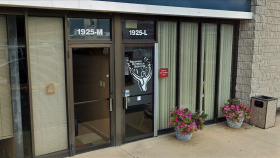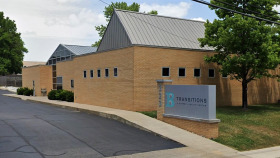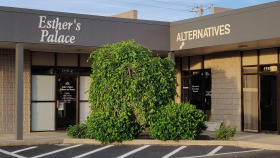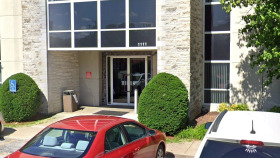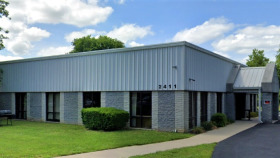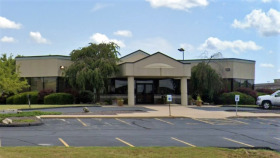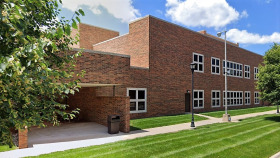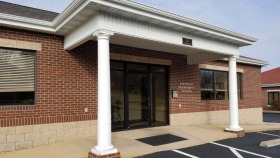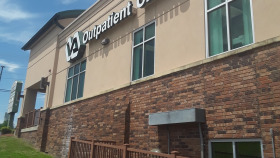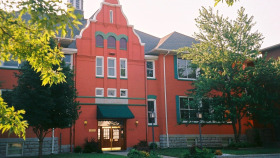Expert Insights
Ten states, including Missouri, were recently selected to be part of a mental health and addiction initiative created by the Excellence in Mental Health and Addiction Treatment Act. The clinics provide community mental health and addiction services through Medicaid. The certified community behavioral health clinics are able to provide comprehensive services that include 24/7 crisis services, outpatient Mental Health services, substance abuse treatment services, addiction risk assessments, diagnoses, and care coordination with local resources. This can only be helpful, in my opinion, as it is a sad fact that accessing addiction treatment and mental health services is difficult, at best, for uninsured, low-income members of the community.
~ Rita Milios
Cost of Drug Rehab in Springfield
When figuring out the next steps towards freedom from alcoholism or drug addiction, your total costs will play a key role in deciding what type of rehab in Missouri to attend. Different factors that affect the cost of drug rehab include:
Whether you want luxury amenities, like access to a pool and spa on-site
The level of care that you need (the cost is typically higher if you require medical supervision)
How long you want to attend rehab
Health insurance plan
Many people use health insurance to pay for rehab or money from their health savings accounts. Another funding option could be crowdfunding or asking friends and family to contribute to your care costs. If those options don’t work for you, try reaching out to a medical loan provider or look for facilities with financing options such as a payment plan.
Alcohol and Drug Laws in Missouri
In recent years, various laws regarding substance abuse have been enacted in Missouri.
Naloxone Access Standing Order: In Missouri, pharmacists can provide Naloxone overdose reversal kits and training without a prescription.3 Pharmacists are encouraged to seek education about Naloxone administration but aren’t required to, nor are they required to provide training to those that pick up a Naloxone overdose reversal kit.
Good Samaritan Law: Created to encourage people to call 911 when an overdose happens, this law provides some immunity against prosecution if the caller cooperates with first responders.4 The protections include immunity against possession charges if the amount of illegal substances on your person is less than a certain amount (for example, three grams of cocaine or 40 grams of peyote).
Family and Medical Leave Act (FMLA): While employees in Missouri don’t have state-specific job protections, the federal FMLA protects people in every state. This set of laws requires employers with 50 or more employees to allow for a 12-week unpaid medical leave for an employee or for an employee to take time off to help their family members during medical issues. This includes seeking treatment for substance use disorder (SUD) and prohibits employers from discriminating against employees due to the presence of a SUD.
Resources
- Springfield, Missouri Population 2020 (Demographics, Maps, Graphs). (n.d.). Worldpopulationreview.com.
- FindTreatment.gov. (n.d.). FindTreatment.gov.
- Missouri Foundation for Health. (April 2019). Community Mental Health and Substance Abuse Assessment.
- Center for Disease Control. (2022). CDC Wonder.
- Missouri Division of Professional Registration, Board of Pharmacy. (2022.) Naloxone Resources.
- Missouri Department of Health. (Accessed 2022). Good Samaritan Law.
- Department of Labor. (2022.) Family and Medical Leave Act.

